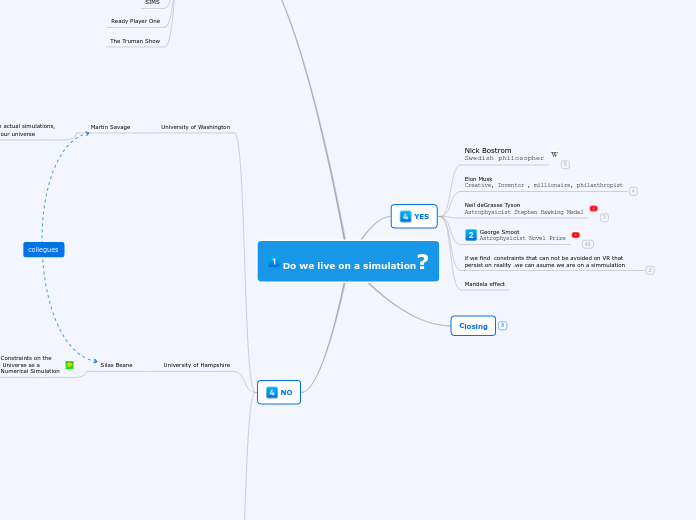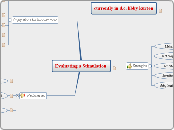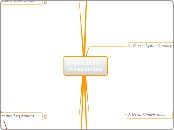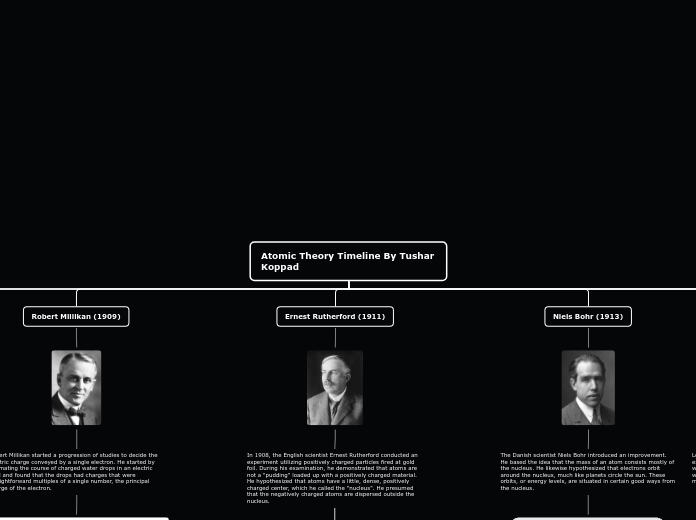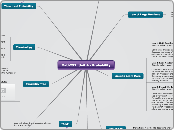Do we live on a simulation?
NO
Zohar Ringel and Dmitry L. Kovrizhin
CONCLUSION
require more atoms than there are in the universe
According to the research team’s best approximations, it would require
1 terabyte of RAM to store just 20 spins of a single particle on the quantum level
“In order to simulate a quantum mechanical system, one would, in general, have to diagonalize this matrix on a computer, which is a computationally difficult task when the size of the matrix becomes large.”
Quantized gravitational responses, the sign problem, and quantum complexity
thermal Hall conductance
spontaneously broken time-reversal (TR)
fractional quantum Hall effects
University of Hampshire
Silas Beane
Constraints on the
Universe as a
Numerical Simulation
Conclusion
The spectrum of the
highest energy cosmic rays
provides the most stringent constraint that we have found on the lattice spacing of a universe simulation,
Constraints
We dont know if Universe is finite
We dont know all Physics laws
if we have enough computer power in the future we know the classical limit for quantum computer. but, we dont know the future algoritms, or hardware used in the future,
fundamental energy scale defined
by the lattice spacing can be orders of magnitude smaller than the Planck scale, in which
case the conflict between quantum mechanics and gravity should be absent
Terms
CRR
computational resource requirements to CQD
Lattice Algebraic structure
, partialy ordered set in which every 2 elements have a unique supremum (upper bound or joint), and a unique infimum (lower bound or meet)
(QCD) Quantum Chromodynamics
the fundamental force in nature that gives rise to the strong nuclear force among protons and neutrons,
(HPC) high-performance computing
Moore's law
Exponential grouth of raw computer power in time,
University of Washington
Martin Savage
if YES, we find present constraints on actual simulations, and find analog limitations evidences on our universe
underlying lattice if one is used to model the space-time continuum.
Those computers, divide space into a four dimension grid, that allows researchers to examine what is called, the strong force, (1/4 fundamental forces of nature ) this binds subatomic particles called quarks, to stick together, until atoms.
Supercomputers
lattice quantum chromodynamics,
starting from the fundamental physical laws that govern the universe can simulate only a very small portion of the universe, on the scale of one 100-trillionth of a meter, a little larger than the nucleus of an atom,
But in the future a molecule, an atom, a body.
Media
The Truman Show
Ready Player One
SIMS
Paprika
Inception
Matrix
Black Mirror
Playtest (Season 3, Episode 2)
Hang the DJ (Season 4, Episode 4)
San Junipero (Season 3, Episode 4)
Rick & Morty
Subtopic
Closing
Recommended Review material
https://www.popsci.com/stephen-hawking-neil-degrasse-tyson-big-bang/
David Chalmers
The Matrix as Metaphysics
The paradoxes that sit at the very core of physics | Aeon Essays
René Descartes
1637 Phylosoper
You have to question everything you know
Cogito ergo sum
YES
Mandela effect
if we find constraints that can not be avoided on VR that persist on reality .we can asume we are on a simmulation
double slid experiment. if you see it it behaves a sa particle . if you dont see it it behaves as a wave. maybe.. it saves some calculations if you are not observing it . then simmulation will avoid expensive calculus on processing
we can not travel higher than speed of light . maybe this is the possiblility of rendering a scene. because it is not rendering all the universe, just the parts that we reach
George Smoot
Astrophysicist Novel Prize
You are a simulation, physics can prove it!
Physics have contradictions
Quantum Mechanical Paradoxes
Schrödinger's cat paradox,
Quantum superposition
the cat in a locked steel chamber, remains both alive and dead until the state has been observed
state known as a quantum superposition
double-slit experiment
Quantum mechanics
"The Double Slit Experiment "
atoms exist both as
particles and waves
we are actually on a simulation
We are not good at solving things
EPR paradox
Einstein–Podolsky–Rosen paradox
Quantum entanglement
a pair or group of particles is generated, interact, or share spatial proximity in a way such that the quantum state of each particle of the pair or group cannot be described independently of the state of the others
Quantum Mechanic description is incomplete
wave function does not contain complete information about physical reality
Physical Paradox
Brain Mappings on MRI are so good you can map to the individual neuron level,
We have limitations of computer power.
Compromises in our algorithms
Difficulty with complex desitions
Systematic errors in judgement
Suceptible to optical ilutions
in 30 years you will can download you brain into a computer
Ant the size of simulated porn isnt so good in the real world
you will think 1 million times faster
Experience life 1 million times faster
if you are an antropologyst and want to know rise and fall causes of a civilization, you will run with some billions of people, and many simulations
Cosmology
even People running our simulation, doesnt know if they are a simulation
We know there is at least of a billion or more habitable planets in our galaxy, and about 100 billion galaxies
What are the chances our civilization is the most computationally powerful
Antrophic Principle
Weak ostensible fine tuning of the universe for life ins necessary
this is a simulation
cristianity or design
Strong Universe is compelled for conscious live to emerge
Nick Bostrom´´s Trilema
Philosophical Zombies
World includes 2 kind of things
Physical
mental
NPC
Moore´s law
Tech Improvement
Neil deGrasse Tyson
Astrophysicist Stephen Hawking Medal
It doesn't make any difference if we know we are on a simulation
If this is true, how can we escape?
if you are just a program, there is nothing that you can do
Imagine Creating a world for your own entertainment, and every time something weird happens in the world.. some disruptive leader takes charge,
i wonder if that programmer just got bored. and has to throw somebody there for his entertainment, cause this happens every time , when peace reaches the world
Elon Musk
Creative, Inventor , millionaire, philanthropist
Maybe we are on a simulation Right Now
Because we are able to create world on a computer,
and if that simulation creates a simulation,
if you have that power, you can fractal thinking.
somebody already did it.
How do we know this havent passed on the past and we are not a game ourselves
40 years ago we have pong, now we have photo-realistic, multiplayer, VR, AR, if you assume any rate of improvement at all. the game will came indistinguishable from the reality, think 10,000 years in the future
Nick Bostrom
Swedish philosopher
Trillemma
Simulation Argument
Realistic Simulations on Future
We are already on a simulation
Corollary, “Unless we are now living in a simulation,our descendants will almost certainly never run an ancestor simulation”
we lost interest on simulations,
cause BORING, or ethical issues
we die before
achieve that level
